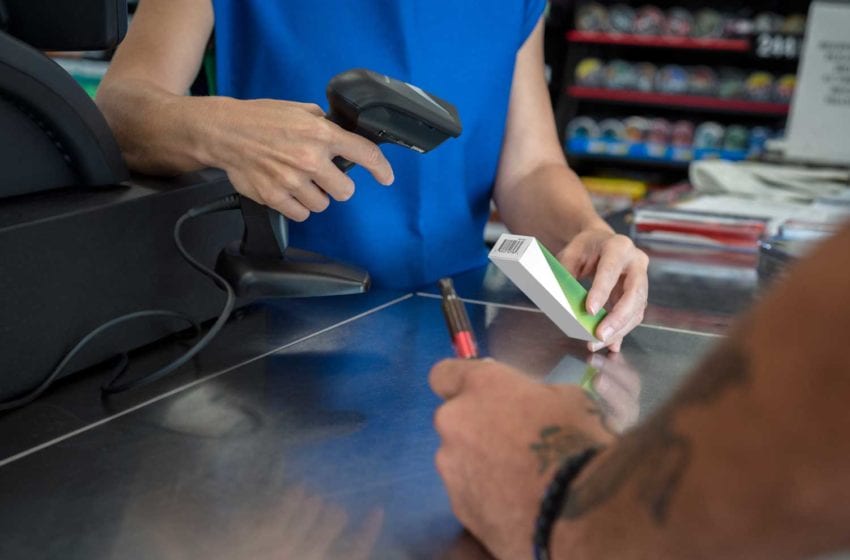
Philip Morris International’s Swedish Match affiliate will invest $232 million to expand the production capacity of its Owensboro, Kentucky, USA, manufacturing facility, which produces the popular Zyn nicotine pouches.
The expansion is expected to create an additional 450 direct jobs with an ongoing annual economic impact of $277 million and 410 indirect jobs for the Commonwealth of Kentucky.
“Philip Morris International’s Swedish Match affiliate has been an important partner and job creator in this region for many years, and I’m excited to see this incredible new investment and the 450 great job opportunities it is creating for families in Owensboro and the surrounding region,” said Kentucky Governor Andy Beshear in a statement.
Construction of the expanded facility is already underway, including adding more production space. Progressive production increases are expected during the project, which is targeted for completion by the second quarter of 2025. The construction phase alone is expected to create nearly 2,800 jobs and have an economic impact of about $414 million.
In addition to facility expansion and ongoing optimization of processes to increase capacity progressively over the coming quarters, the Kentucky facility will move from a 24-hour, five-days-per-week schedule to a 24-hour, seven-days-per-week schedule to boost production, starting in the fourth quarter of this year.
The Swedish Match Owensboro facility currently has about 1,100 employees. The ongoing expansion of the facility in Kentucky is expected to provide around 900 million cans of capacity by 2025.
In July, PMI announced an investment of $600 million over the next two years through its U.S. affiliate to open a nicotine pouch manufacturing facility in Aurora, Colorado. The Aurora facility and Owensboro expansion are designed to provide the capacity needed in the near term and midterm to meet the ferocious U.S. demand for Zyn.




















